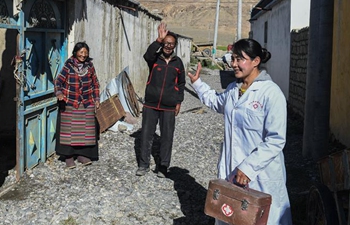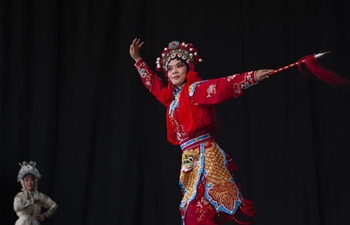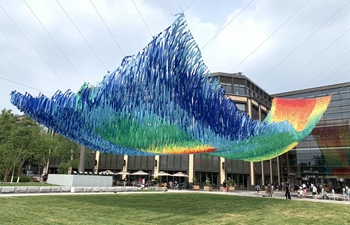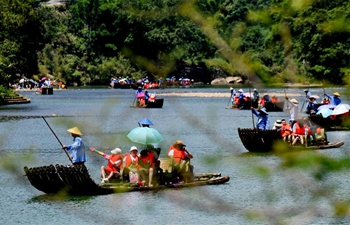LONDON, Aug. 5 (Xinhua) -- More environment-friendly biological controls could be a viable alternative to pesticides to help farmers in some Asian countries fight rice and maize pests, according to a study released on Monday by the Centre for Agriculture and Bioscience International (CABI).
Between 2011 and 2015, CABI,a not-for-profit international organization headquartered in Britain, set up 22 Trichogramma rearing facilities as part of a project to promote the use of biologically-based Integrated Pest Management (IPM) for rice and maize crops. In addition to creating the Trichogramma rearing facilities, IPM strategies for rice and maize were developed in China (mainly the southwestern part), Laos and Myanmar.
A study, led by CABI researchers, was carried out to assess the impact of these projects.
It reveals that farmers who used biological controls to manage key pests -- such as the rice stem borer -- achieved similar, if not better ( four to ten percent), yields as those used more harmful pesticides.
The IPM strategies included measures such as balanced fertilization, pest monitoring, alternative wetting and drying in rice, and the application of the Trichogramma wasps. Farmers also received substantial training on the application of biological control agents and other IPM measures.
"By anchoring biological control and several other IPM practices at governmental, extension, and, at a still relatively small-scale, farmer level, the research has helped pave the way for more sustainable maize and rice production, as well as establishing a better environment and healthier lives for the farm households in the region,"said Dr Dirk Babendreier, one of the CABI researchers who led the study.













